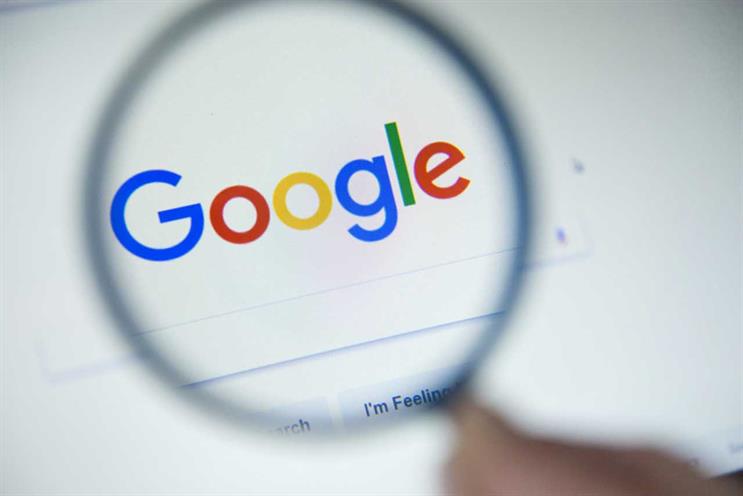
Google has updated its political advertising policy, including placing stricter limits on how election ads can target political demographics, becoming the last major tech platform to clarify its stance amid growing concern over the role of online media in influencing political votes.
The search giant will now limit election ads targeting age, gender and general location (down to a postal code level) to prevent parties from having too much individual influence. Political advertisers can continue to do contextual targeting, such as serving ads to people reading or watching a story about a particular topic such as the economy, social issues and climate change.
Google said it has never offered "granular micro-targeting" of election ads and that previously verified political advertisers in the US were able to serve ads based on public voter records and general political affiliations (left-leaning, right-leaning and independent).
"This will align our approach to election ads with long-established practices in media such as TV, radio and print, and result in election ads being more widely seen and available for public discussion," Scott Spencer, vice-president of product management at Google Ads, said in a blog post announcing the changes.
Google warned that it "will take some time to implement these changes", but committed to begin enforcing the new approach starting in the UK within a week, ahead of the 12 December general election. This will be followed by a European Union roll-out by the end of the year and in the rest of the world starting on 6 January 2020.
In the blog post, Google also "clarified" its ad policies with more examples to make it more explicit what content is prohibited. Banned ads now include doctored and manipulated media such as deepfakes; misleading claims about the census process; and ads or destinations making "demonstrably false claims" that could "significantly undermine participation or trust in an electoral or democratic process", it said.
However, it added that it expects the number of political ads on which it takes action "will be very limited", because "no-one can sensibly adjudicate every political claim, counterclaim and insinuation".
That's a different stance to Twitter, which has decided to ban political advertising altogether and restrict what it considers "cause-based" advertising, which can include private-sector lobbying. Twitter now faces the mammoth task of doing exactly what Google has said "no-one" can do in enforcing this.
Google's policy revisal was made in response to "recent concerns and debates about political advertising and the importance of shared trust in the democratic process", the company noted.
"We want to improve voters' confidence in the political ads they may see on our ad platforms," it said. "Regardless of the cost or impact to spending on our platforms, we believe these changes will help promote confidence in digital political advertising and trust in electoral processes worldwide."
The political ad policy places it squarely in the middle of Facebook and Twitter's stances. Twitter has taken the most drastic approach of banning all political ads and has even banned zip-code-level targeting for "cause-based" advertising, believing this is too specific. These kind of advertisers are only able to target at a state, province or region level or above. On the opposite end, Facebook will allow any kind of political ads on its platforms, even those that are false.



.jpg)
.jpeg)
